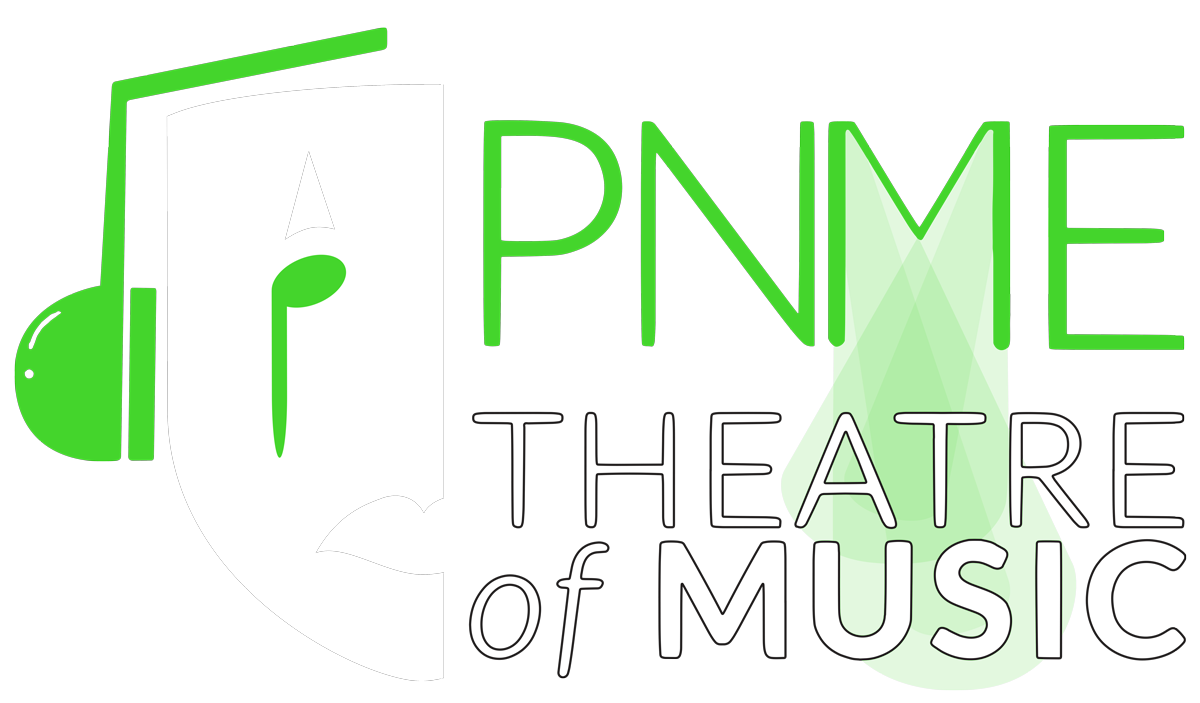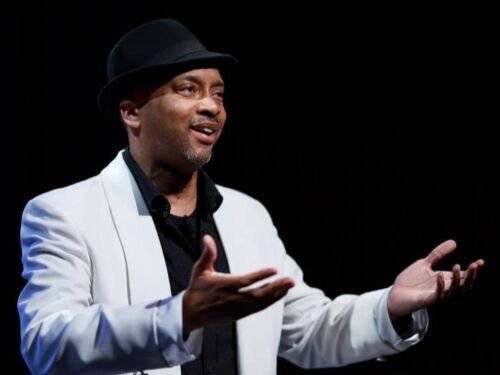JULY 14 & 15
8:00PM
CITY THEATRE MAINSTAGE
Sparrows
Joseph Schwantner
Commissioned by the Twentieth Century Consort, Schwantner described the work as a series of “dream states” and a “sympathetic response to the strength and simplicity of its text,” which comprises 15 haiku selected from The Autumn Wind by Issa Kobayashi (1763–1828), widely regarded as one of four great masters of the Japanese poetic art and the one most closely identified with Buddhist philosophy. The order of the haiku represents the cyclic pattern of nature, moving from day to night and ultimately to a new day.
Come then, come hither;
Play your games and bide with me.
Motherless Sparrow.
Einstein on Mercer Street
Kevin Puts
In the summer of 2001, I talked to Fleda Brown about the idea of a project involving a set of poems written especially for use in a musical composition. I had just been asked by Kevin Noe to write something for the Pittsburgh New Music Ensemble, and after raving to me about baritone Timothy Jones my idea for a vocal piece was as intriguing to him as it was to me. I mentioned Einstein as a possibility for a subject and that I hoped the audience would get the sense of a large-scale narrative arch and an almost operatic sense of completion by the end of the work. A few weeks later I learned that Fleda had read several biographies on Einstein and had almost completed the first draft of a manuscript! While a student at the famous Polytechnic at Zurich, Albert Einstein fell in love with the only woman in his class, Mileva Maric, who at first was able to keep up with his mind. They talked physics and declared they’d never settle for a bourgeois life. Their first child, Lieserl, was either given away or she died. Nothing is known about her. Einstein eventually won the Nobel Prize, and although by that time was married by then to his cousin Elsa, he sent Mileva all the prize money.
Against the Emptiness
Pittsburgh New Music Ensemble, 2009


